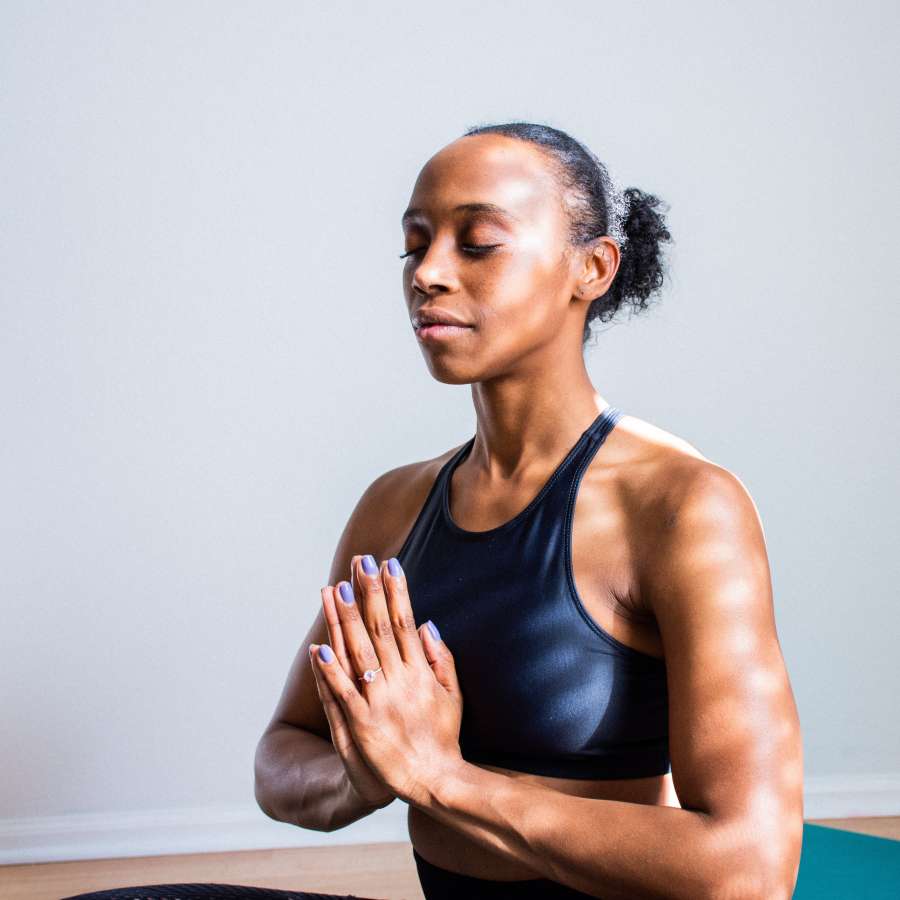Reflections On Meditation
February 14th, 2017
Today I met one of my students over a lunch break at work. She has been a regular at my meditation classes and has embraced it wholeheartedly, developing a regular practice on her own as well as coming on one of my retreats at Holland House. As we spoke it was obvious she was going through a tough time with some family problems which were bringing her down and making her feel a whole range of emotions from guilty, to angry, to just downright sad. She had hit a real dip in her life and was struggling. I offered her words of comfort and listened carefully, then she said “I thought now that I meditated I wouldn’t feel awful anymore. I feel a failure…”
This made me stop in my tracks and realise that one of the many reasons people come to meditation is to stop feeling stressed, angry or unhappy. They want to rid themselves of these tiresome emotions, especially if their whole lives have been spent struggling with them. They find solace and comfort in meditation and watch as their lives seemingly transform, and then something happens to plummet them straight back into those difficult emotions again. It can feel as if they’re back to square one and all those hours spent sitting and just quietly watching the breath have been for nothing.
But the power and liberation of meditation is not to deny any of the ups and downs of life. It isn’t meant to be a shield to protect you from the unwanted bits and only let you enjoy the good stuff! For sure, meditating can make us feel calmer and peaceful sometimes but that isn’t the aim of meditation: there isn’t any aim to meditation.
As we sit and observe the breath and the hundreds of thoughts whizzing through our mind we develop a healthy sense of detachment between us and the thoughts. We watch them arise with curiosity and also watch how a thought will pop in to our head and the stories we build around it – adding more and more to it until one thought has invariably led us on a road to total chaos and catastrophe. It’s not the initial thought or feeling that’s the issue, it’s the stories we fabricate round it that creates the suffering. A mindfulness practice allows us the space to see this clearly and to watch the process without judgement. Then, when a difficult feeling rises in our day to day lives, we can be aware of what we’re adding to the thought or feeling. And as we observe and notice, we have the space between the thought and action to decide what would be helpful here.
Another great feature of meditation is that we are able to see the ephemeral nature of our thoughts and feelings: nothing lasts and we are in a constant flow of feelings that come and go. This gives us tremendous comfort when something difficult arises: we know it will not last and as we become more skillful we notice that it’s the stories that we add to the thoughts and feelings that actually make the difficulties last longer.
So meditation isn’t about getting rid of anything unpleasant and only cultivating the good feelings. It’s about having a radically different relationship with our mind and being able to navigate, with increasing equanimity, through the rich juiciness of life – the good and the bad!
Kathryn Buxton is an experienced meditation teacher and offers a variety of classes and courses at The Isbourne and beyond.
See www.isbourne.org for more details.


